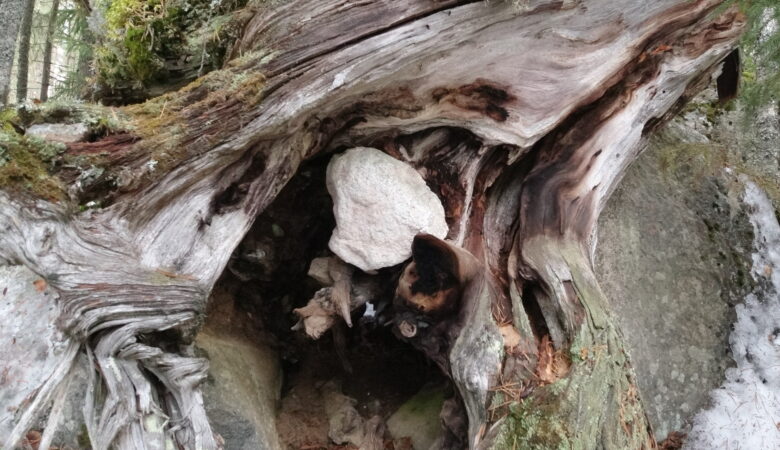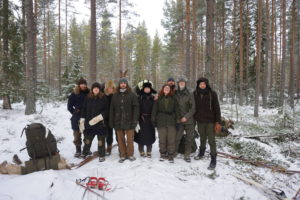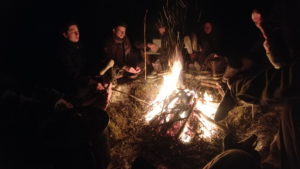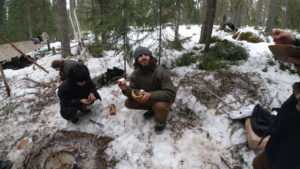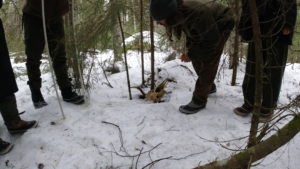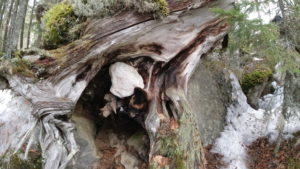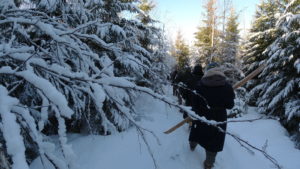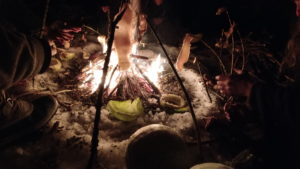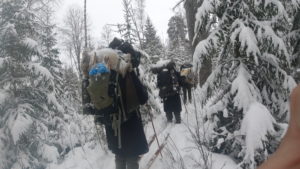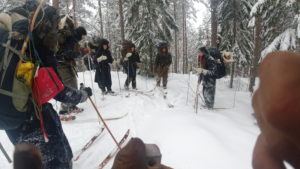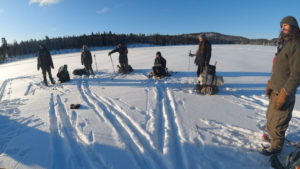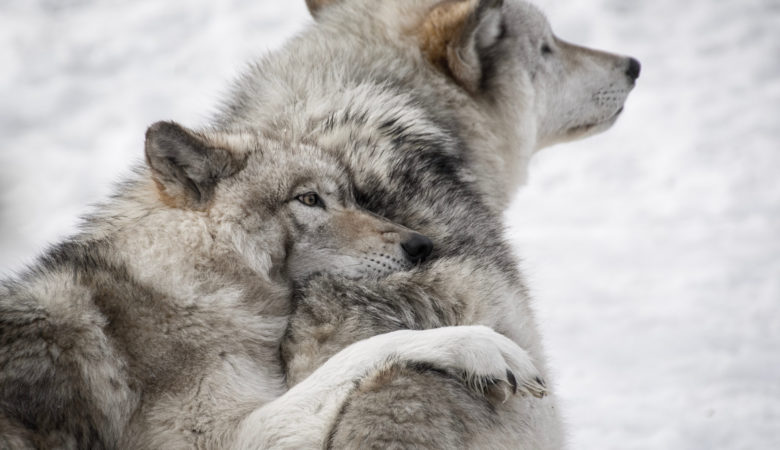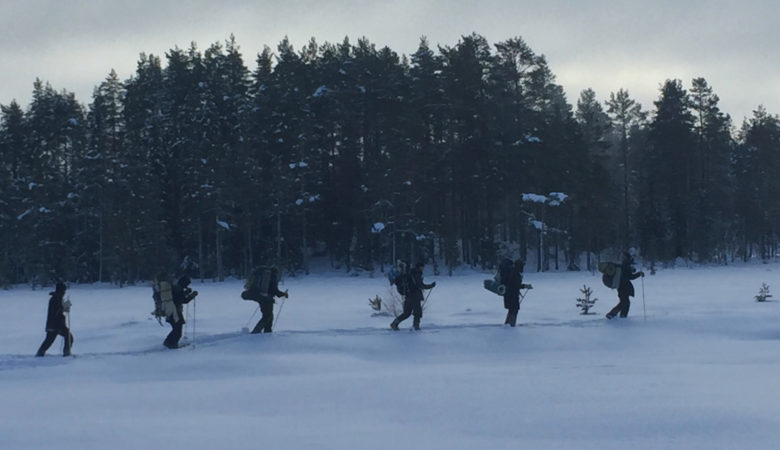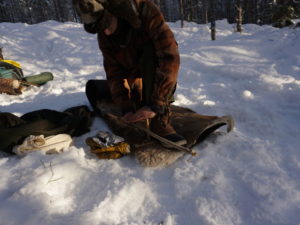The saying “The only constant is change” is not only a Guardian motto, but applicable for all of us. We might long for stability, safety, security, and/or predictability, especially when it comes to the economy, states, and relationships. But if we live long enough, we learn that we can’t really rely on anything.
Changes can be triggered by seemingly random events, or as a very intentional act. But they happen if we want them or not. Often, the only three things we think we can do is:
- Bury our heads in the sand and try to ignore it as long as we possibly can,
- Externalize by blaming someone or something else, or
- Accept it how it is, and adapt our lives and actions accordingly.
Different forms of acceptance
Acceptance might sound to some people as if we have to sit still and put up with whatever bad thing might happen. But that’s not the only way. Healthy acceptance means to take a situation as it is, but instead of stopping here, evaluate if it crosses any of our boundaries, goes against any of our values, or simply doesn’t feel right. Then we can think about actions to take in order to change this current situation.
How to embrace whatever is
To accept a situation, we need to stop judging something as good or bad. Things simply are. If we judge something as bad, we feel that something shouldn’t have happened or shouldn’t be happening. This feeling is a form of resistance that keeps us locked in an unsolvable situation. We might even look for someone to blame or shame. Just so that we don’t have to feel the feelings coming up for us. It sounds simple to truly embrace what is, but it takes a lot of practice, dedication, and inner strength.
Vision or Mission can help
If we have a strong overall vision for our life or project, or a very clearly defined Mission, they can help us stay focused on what’s important, instead of getting tangled up in the web of frustration, sadness, anger, or self-pity.
We can remind ourselves of what’s important, why we started to walk this path, and what we aim to accomplish. That way, if some parameters change, if some approach doesn’t work (any more), we can find alternatives that may not seem as perfect as the original plan, but might just as well turn out to be so much better in the long run.
The infinite game
Ultimately, we’re all in a game. Trying out what works and what doesn’t. Experimenting with existing hypotheses and applying them to new situations. The question, however, is if we’re playing a finite or an infinite game.
In a finite game there are winners and losers. There is a defined start and end. An infinite game, on the other hand, is geared towards staying in the game as long as we can. Basketball is a finite game. Life is an infinite game. And as long as we know which game we’re playing, and don’t try to play an infinite game with a finite mind set, we will always find new ways, new approaches and new perspectives to a situation.
Adapting to change in the Guardian Way
For a Guardian, being present, flexible, and ready to adapt to any change is simply a way of being. We thrive on adversity, since it always brings us an opportunity to train, learn and grow. Even when nothing seems to change, Guardians train to stay flexible; to be ready to change direction, if something unexpected happens.
Being a Guardian and being of service is an infinite game. We know, there are no winners or losers. Our aim is to keep playing. To stay in the game as long and as effectively as possible.
How the Guardian Way team implemented this motto
We offer regular trainings to dive into being a Guardian since 2020. But in the white season of 2023/24 difficult circumstances meant that we had to make the hard decision to cancel the training as we had planned it. Instead of getting upset and giving up, we adapted to the circumstances. We didn’t judge the situation as good or bad. Instead, we assessed what was possible and what wasn’t. Then we looked for ways to still follow the main vision, while adapting to the circumstances.
The original training had the focus of Becoming Wolf, both with the intention to learn from them by tracking and living like them and to raise awareness for their dire situation, especially in Scandinavia. Since this wasn’t possible, we decided on a smaller, more specific Mission instead of the training, still with the Mission of tracking and learning from Wolves and raising awareness. But with only people from the team and other experienced individuals. That way we were still able to step up and serve the Wolves – just in a slightly different way. And it turned out that this whole Mission was following that same motto…
